DNA testing has become mainstream in family history research but choosing the right option for what you want to achieve can be quite intimidating. Your choice of DNA test will depend on the questions that you want to answer. Whether you are looking to connect with new relatives or break down some genealogical brick walls or you just want to find out more about your biogeographical background (sometimes referred to as ethnicity), DNA tests can be a useful resource.
We inherit three main types of DNA from our parents: autosomal, Y-DNA and mitochondrial. In this round-up we are looking at the most popular autosomal tests, although some do offer analysis of other types of DNA as part of their package.
Taking a DNA test is relatively easy, you send off for a kit which gets sent to you with instructions. You may be asked to spit into a small tube or you may be given a swab. You then post your DNA sample back to the testing lab and wait for your results. DNA test results don't come in the post - you will be asked to log into a website and input a code to retrieve your results. This is because, although your DNA doesn't change, the analysis about your biogeographical background will sometimes be updated and new matches to the database will be added.
A DNA test can be considered as an investment which will grow more valuable as more people join the databases and you get more matches. Below we take a look at the pros and cons of the major DNA tests to help you choose the right one for you.
The best DNA tests in 2024, as rated by DNA expert Debbie Kennett
Read on for our pick of the best DNA tests, as tested by Who Do You Think You Are? Magazine
AncestryDNA test
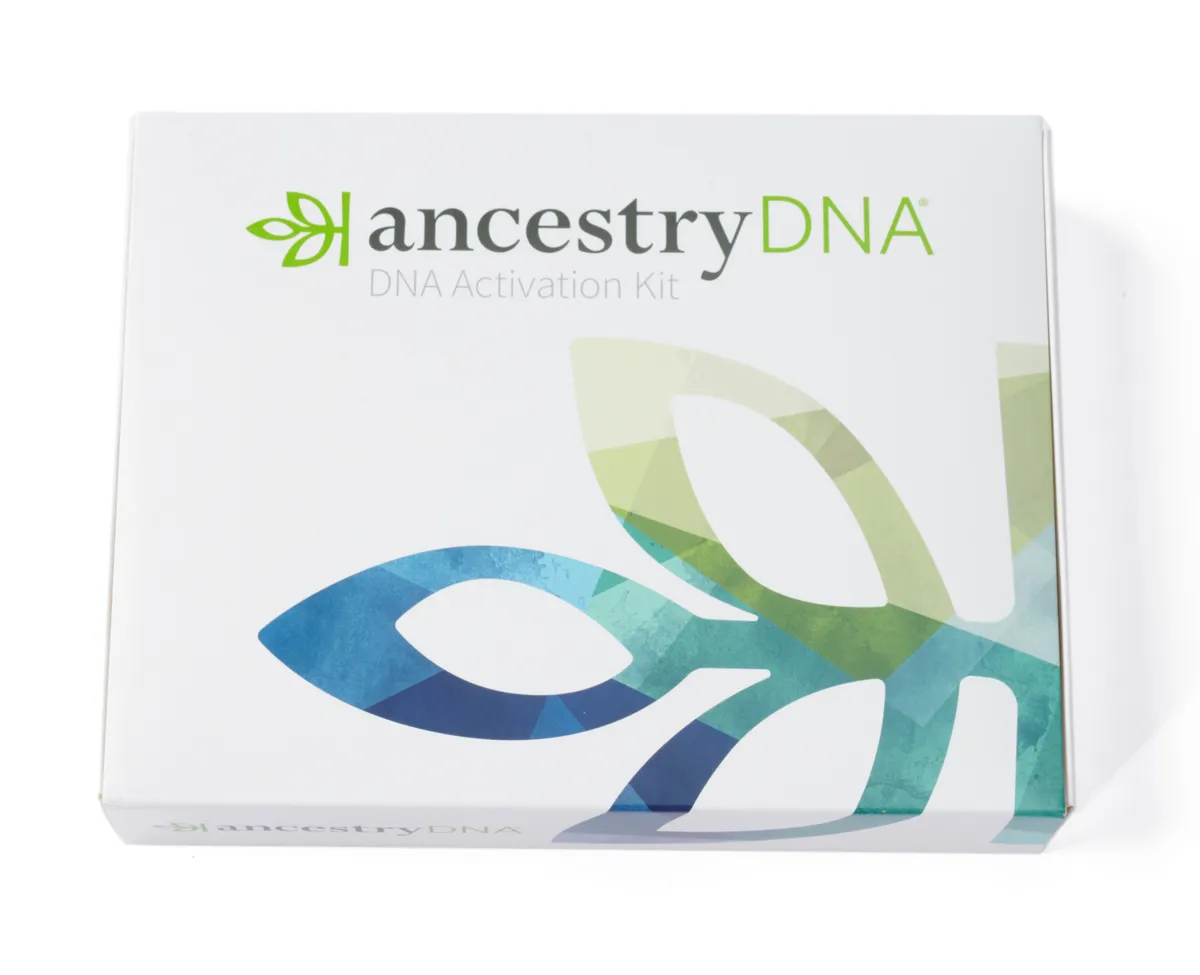
- Price: Currently starts at £39 special offer + £10 shipping
- Database size: Autosomal DNA database of over 21 million
- Can you upload DNA test results from other companies to the database? No
- Biogeographical regions: Over 1,500 global regions
- Ancient/deep ancestry: Not available.
Pros – Big database with many family trees connected to it makes this the best option for finding connections with new relatives and breaking down family history brick walls.
Cons – You can’t upload DNA test results from other companies to the AncestryDNA database and you need to take a subscription to have full access to family trees.
AncestryDNA is the market leader for a good reason, as it has the world’s largest autosomal DNA database. AncestryDNA has tested more people in the UK and Ireland than all the other databases combined, meaning you are more likely to find matches with relatives which, in turn, will help you grow your family tree. The AncestryDNA test benefits from an easy-to-use interface, good integration with family trees and excellent family tree building tools. Sophisticated algorithms provide the most accurate and scientific relationship estimates.
ThruLines and Common Ancestor hints make it easy to identify how you are related to your matches. A subscription is required to access all the features and to view the full trees of your matches. The lack of a chromosome browser and matching segment data is a disadvantage for advanced users who are interested in chromosome mapping though in practice chromosome browsers are rarely needed.
Read our full AncestryDNA review
LivingDNA test
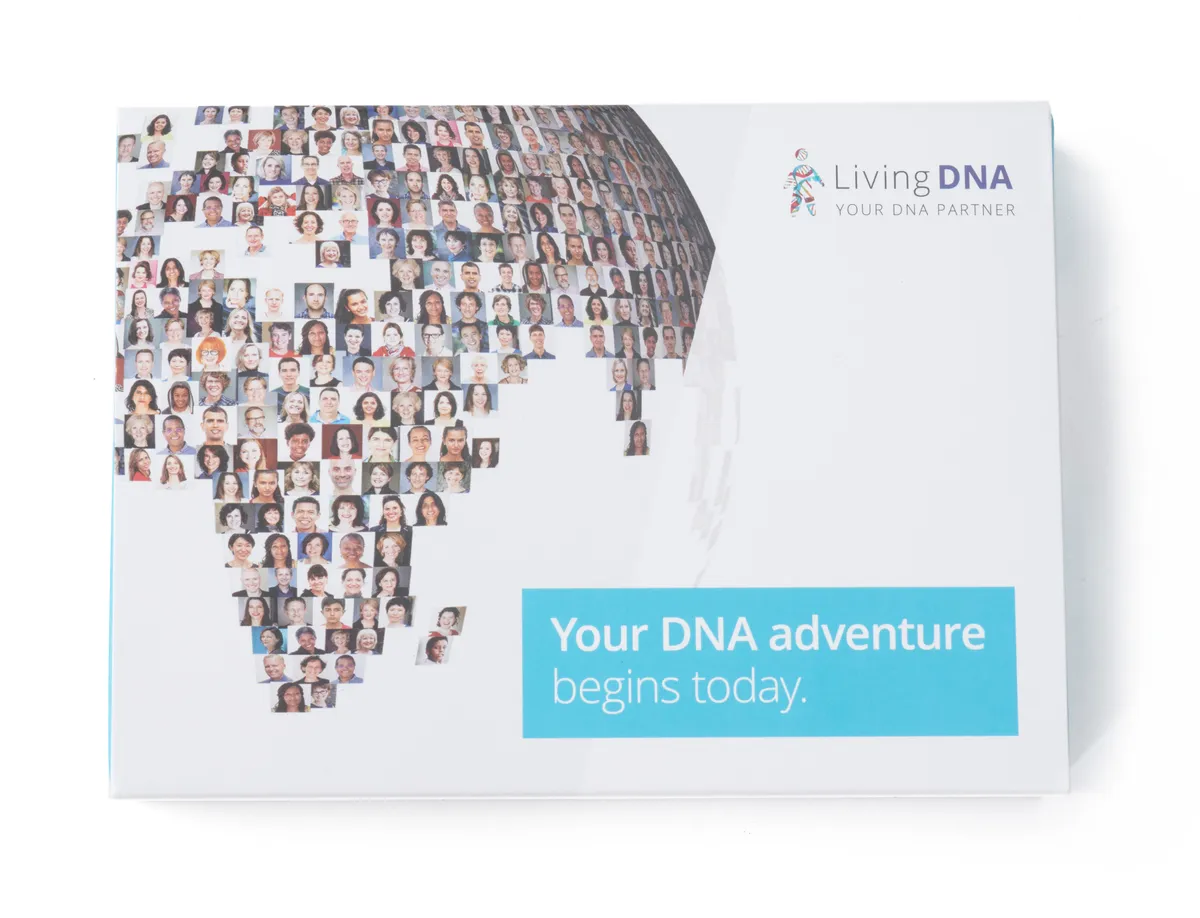
- Price: Currently starts at £59 special offer plus £9.95 shipping
- Database size: Autosomal DNA database of over 300,000
- Can you upload DNA test results from other companies to the database? Yes. Matches are free but there is a £29 fee to access the biogeographical ancestry reports. Y-DNA and mtDNA reports are not included.
- Biogeographical regions: 150 global regions including 72 in Africa and 19 in Britain. The only company to provide percentage breakdowns for British counties and regions.
- Ancient/deep ancestry: Y-DNA and mtDNA deep ancestry reports including migration and distribution maps.
Pros – Great for a detailed breakdown of where your British ancestors came from.
Cons – No family trees on the LivingDNA website and limited tools for analysing results.
LivingDNA offers a good biogeographical ancestry analysis for people with British ancestry with regional breakdowns at the county level. With the inclusion of Y-DNA and mtDNA deep ancestry information, this is a good all-round DNA test for someone who wants an overview of their genetic ancestry. Living DNA only began offering relative matching in February 2019. Few tools are currently available for working with matches and the database is small in comparison to the other companies. However, the test is likely to be of interest to people in the UK, especially those who feel safer keeping their DNA data in Europe, and matches will be found here who have not tested elsewhere.
Read our full LivingDNA review
FamilyTreeDNA Family Finder test
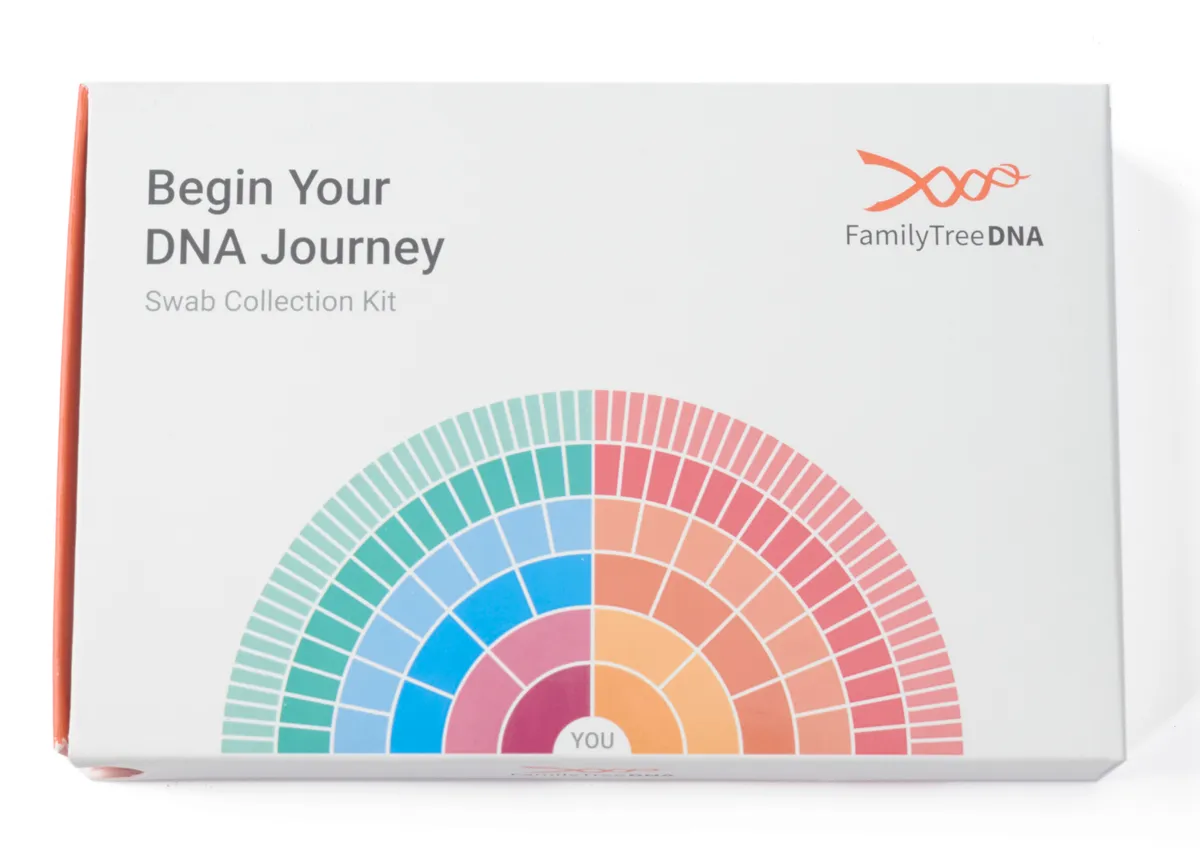
- Price: Currently on sale at $159 (Family Finder + mtFull Sequence)/ $497 (Family Finder + mtFull Sequence + Big Y-700)/ $479 (mtFull Sequence + Big Y-700). $9.95 postage fee.
- Database size: No figures for the autosomal DNA database but over 800,000 for Y-DNA database
- Can you upload DNA test results from other companies to the database? Yes. Matches are free but there is a $19 fee to access the biogeographical ancestry reports and chromosome browser.
- Biogeographical regions: 90 global regions
- Ancient/deep ancestry: Not available with Family Finder, only with Y-DNA and mtDNA tests.
Pros – You may find relatives who took early tests and are not on other databases.
Cons – Autosomal database is relatively small and no breakdown of regions within Britain or Ireland.
Although FTDNA has been a major player in the world of genealogy DNA testing for far longer than any of the other companies we are looking at in this review, its Family Finder product, with a relatively small database size and limited biogeographical regions, has little to recommend itself. However, FTDNA were selling tests in the UK five years before AncestryDNA launched their test and you will find matches here that have not tested elsewhere.
FTDNA are the market leader for both Y-DNA and mtDNA testing so if you want to look at what other kinds of DNA tests you can use to explore your ancestry, especially for things like surname studies, then we highly recommend FTDNA.
Read our full FamilyTreeDNA review
MyHeritage DNA test
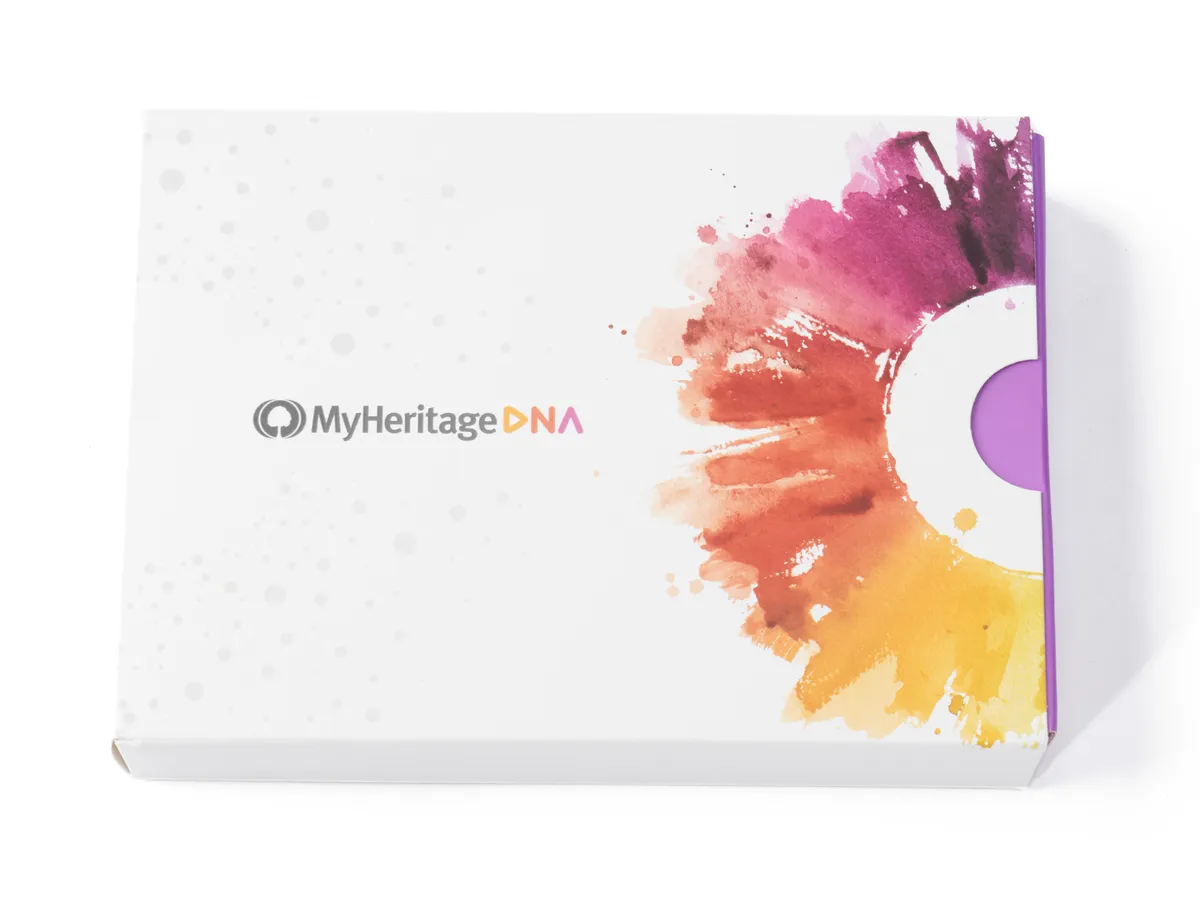
- Price: Currently £29 plus £5 shipping
- Database size: 5.8 million
- Can you upload DNA test results from other companies to the database? Yes. Matches are free with a £35 fee to access the trees of matches, biogeographical ancestry report and DNA analysis tools.
- Biogeographical regions: 42 global regions and 2114 sub-regional groups.
- Ancient/deep ancestry: Not available.
Pros – Good representation of non-English-speaking countries in the database and good tools for advanced users.
Cons – Requires some level of on-going subscription to get the most out of it.
MyHeritage provides support in 42 languages and their DNA test is now very popular in continental Europe. It is a good choice if you are looking to make connections in non-English-speaking countries. The Theories of Relativity can help to identify how you are related to your matches. There are a number of features for advanced users such as autoclusters and a chromosome browser. The tree-building and matching facilities are restricted with the free MyHeritage service. Enhanced family tree subscriptions are available to access additional features such as the facility to include more than 250 people in your tree, the ability to search trees, smart matches and instant discoveries.
Read our full review of MyHeritage DNA test kit
How does DNA testing work?
DNA testing is a very important tool for the family historian. It can help to verify your family tree and provide helpful clues to inform the future direction of your research. It can also sometimes help to break down those long-standing brick walls.
DNA has the power to solve previously impossible cases. Foundlings, adoptees and donor-conceived individuals now have a very real chance of finding half-siblings and other close relations in the databases, which can lead to the identification of their biological parents.
If you have a match with a second cousin, it means that you share the same great grandparents. It’s then just a question of tracing the descendants to identify a suitable candidate who was in the right place at the right time.
Success stories are reported on a daily basis in America and we’re now starting to get reports from the UK as well. As the databases grow, we can expect to see many more unknown parentage cases solved.
What to expect from a DNA test
As with traditional genealogical research, DNA testing can provide surprises so be prepared for the unexpected. You might uncover family secrets by matching with a cousin or a half-sibling that you didn’t know existed. Conversely a relation who is expected to share DNA with you might turn out not to be a genetic relative at all. In rare cases, people discover that their parents are not their biological parents. For a good overview of the ethical implications of DNA testing see the Genetic Genealogy Standards.
However, DNA testing is not a magic bullet and it won’t provide you with an instant family tree. Contrary to popular belief, you cannot take a DNA test to discover who you are and where you come from. The value of the DNA test lies in the comparison process, so it’s important to use a company that has a matching database.
How to use a DNA test
DNA is best used in combination with genealogical records in order to form conclusions about relationships. The DNA test itself is completely harmless; you just need to provide a cheek swab or a saliva sample.
What are the different types of DNA test?
There are three different types – autosomal DNA, Y-chromosome DNA and mitochondrial DNA – all of which have specific applications. Sometimes a combination of different tests will be required to solve a particular problem.
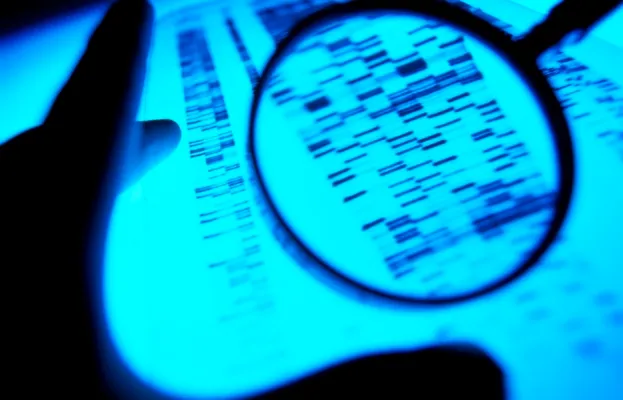
How much does a DNA test cost?
Depending on the company and the type of test ordered, the price of DNA tests in the UK varies from £79 to £149. Most DNA testing companies have sales regularly, so it's worth keeping an eye on our family history special offers page to see when they're happening.
How long does a DNA test take?
After you have sent your DNA test result back to the company, it will take up to eight weeks before you get your results.
How accurate are home DNA tests?
Although they can give you useful insights into your family's past, it is important to understand that the reports you will receive about your ancestry are based on assessments made by assessing reference populations within the company's database or academic studies. These estimates are still evolving as we find out more about the genetic markers that are linked to different populations in the world. Ethnicity reports are updated fairly regularly so you may find that a report suggests you have 20% Scottish ancestry only to find that assessment is decreased, increased or completely removed a year later.
Matching is more reliable. Matches to others on the database will have a suggested relationship which is also based on an estimate. How much DNA we may have inherited from a specific great great grandparent is random and so some people in the database with less shared genetic material may actually be more closely related to you than someone who has more. Where shared genetic material is very small, it may be that you are not related at all.
DNA test case study
In my research into my Cruwys ancestors in Devon, I hit a brick wall trying to find William George Cruwys (born 1821), the brother of my great great grandfather, Thomas Cruwys (born 1831). William disappeared from English records after the 1841 census. I found a William of the right age in Prince Edward Island, Canada, but couldn’t find any records to confirm a link, though naming patterns provided a strong clue.
Frustratingly, the 1848 marriage certificate I obtained didn’t include the parents’ names. Y-DNA tests on my dad and a descendant of the Prince Edward family showed that the two lines were related though Y-DNA cannot pinpoint the date when two people share an ancestor.
However, a year later an autosomal DNA match popped up in the Family Tree DNA Family Finder database with a cousin in Canada. His ancestors were from Prince Edward Island, and he was the great great grandson of William Cruwys through a female line.
If our family trees were correct, he would be my dad’s third cousin once removed. The amount of DNA we shared was within the expected range for the presumed relationship, thus providing confirmation that the tree was correct.
The chromosome browser shows a comparison between my dad and his third cousin once removed. The three blue shapes on chromosomes 1, 3 and 11 are the segments of DNA that they share in common through descent from their mutual ancestors William Cruwys senior (1793-1846) and Margaret Eastmond (1792-1874), the parents of Thomas and William George.
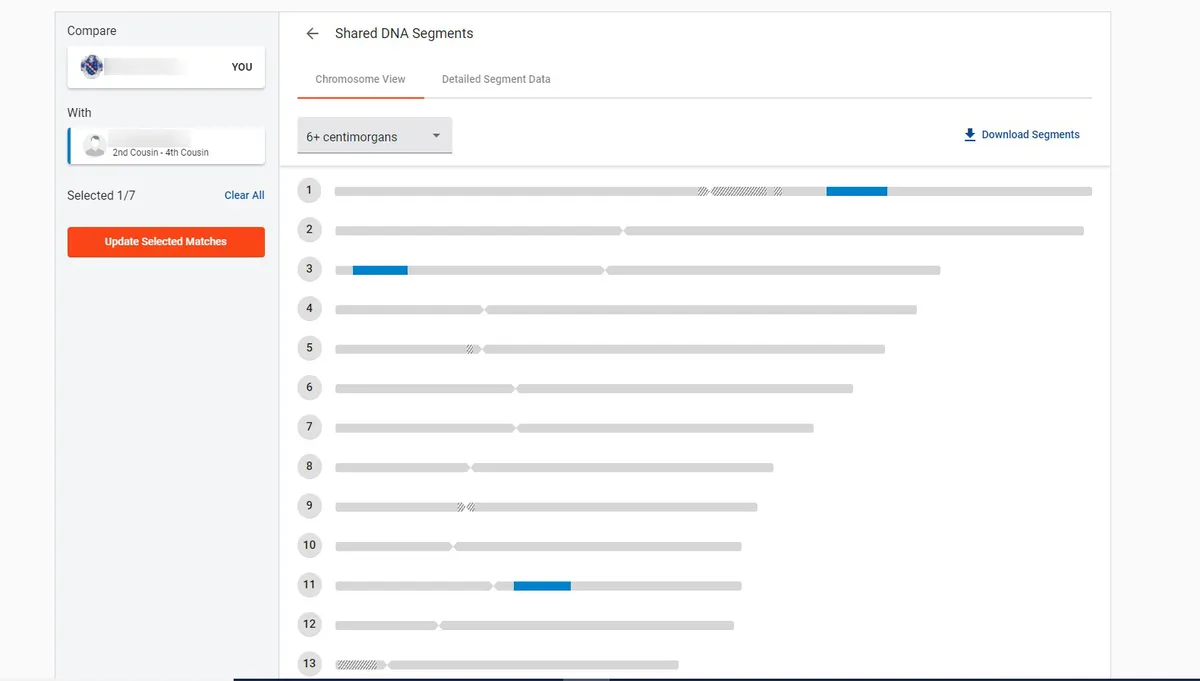
Glossary of DNA testing terms
AUTOSOMAL DNA
DNA inherited on the autosomes: the 22 chromosomes which are not sex chromosomes. Inherited from both parents.
CHROMOSOME
A structure in a cell’s nucleus containing genetic material. Humans have 23 pairs of chromosomes: 22 autosome pairs and one pair of sex-chromosomes. Females have two X chromosomes. Males have an X and a Y chromosome.
HAPLOGROUP
A group of people who descend from the same branch of the human family tree.
MITOCHONDRIAL DNA (mtDNA)
DNA found in mitochondria – the power houses in our cells. mtDNA, passed from mother to child, can trace the direct maternal line.
SHORT TANDEM REPEAT (STR)
A repeating pattern in a DNA sequence. The number of repeats at a specific location is reported as a marker value. Standard Y-STR tests report results for 37 markers.
SINGLE NUCLEOTIDE POLYMORPHISM
Single base pair mutation in a DNA sequence.
Y CHROMOSOME DNA (Y-DNA)
Y chromosome DNA is passed from father to son, and is used to trace the direct paternal line.
For more information, see the full International Society of Genetic Genealogy glossary here.
